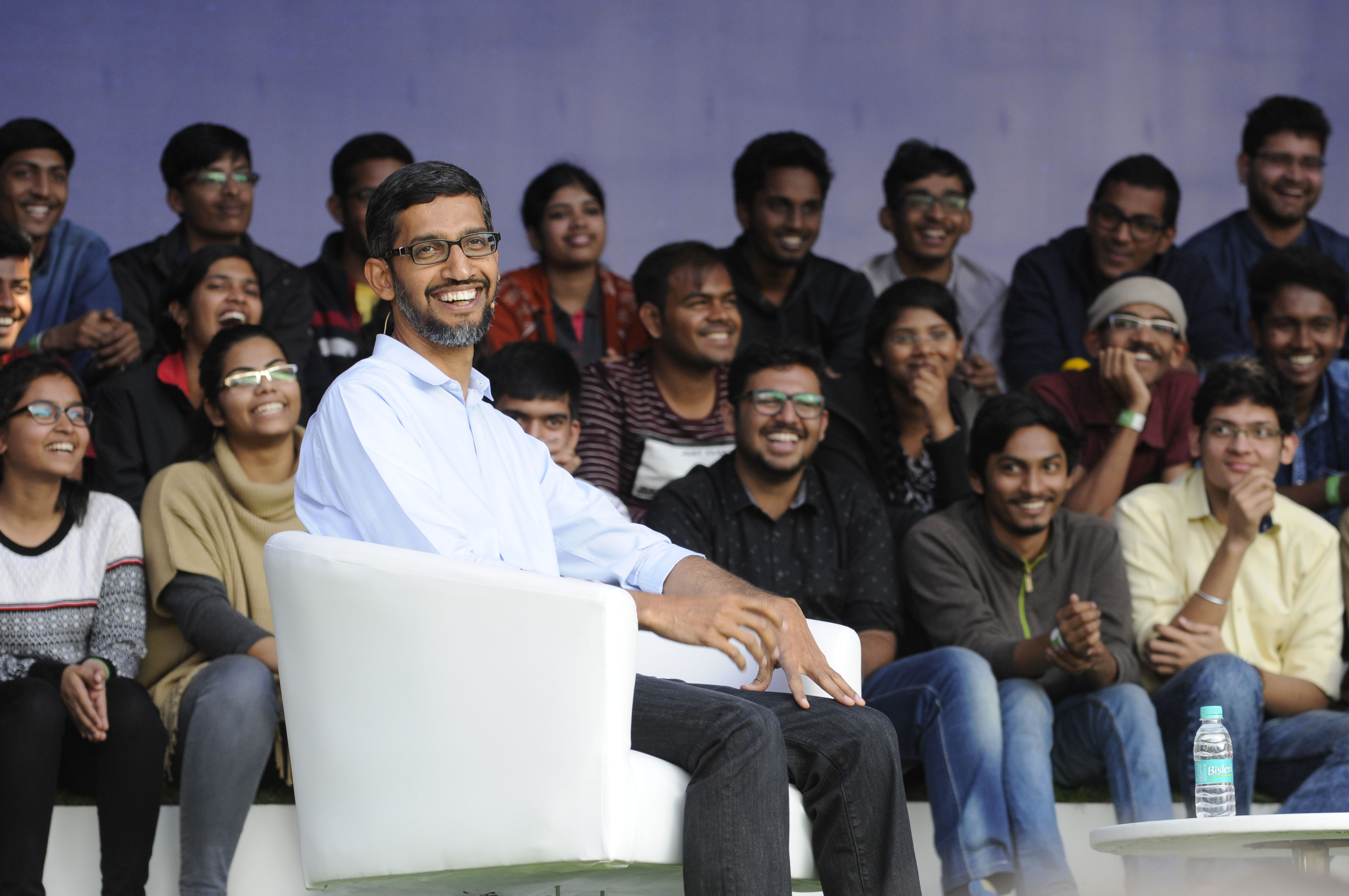Google and top Indian telecom network Jio Platforms said on Friday that their much-anticipated budget smartphone, JioPhone Next, will go on sale in the world’s second-largest smartphone market on November 4 (coinciding with the big Indian festival of Diwali). The firms said the JioPhone Next will cost 6,499 Indian rupees ($87), and can also be purchased in multiple instalments with an entry price as low as $27.
The smartphone runs Pragati OS, which is powered by an “extremely optimized” Android mobile operating system with a range of customized features such as Read Aloud and Translate Now that will work with any text on the phone screen, including web pages, apps, messages and even photos, as well as support for 10 Indian languages.
“Among the many rich features of JioPhone Next, the one that has impressed me the most — and one that will empower common Indians the most and take their digital journeys to the next level — is its contribution to India’s linguistic integration. India’s unique strength is our linguistic diversity. Those Indians who might not be able to read content in English or in their language can get it translated, and even read out, in their own language on this smart device,” said Mukesh Ambani, chairman and managing director of Reliance Industries, which operates Jio Platforms.
The two firms also revealed the specifications of the JioPhone Next. The smartphone features a 5.45-inch HD+ display with Corning Gorilla Glass 3 protection. It is powered by Qualcomm’s quad-core QM-215 chipset that clocks up to 1.3GHz, coupled with 2GB of RAM and 32GB internal storage, which is expandable. The dual-SIM capable JioPhone Next, which houses a 3,500 mAh battery, features a 13-megapixel rear camera with support for HDR and an 8-megapixel selfie sensor.

The JioPhone Next is Google’s latest attempt at reaching the masses in developing markets. The Android-maker has launched several programs over the past decade, including Android One to deliver budget smartphones with improved user experience. At an event in India in 2017, Google chief executive Sundar Pichai noted that many markets such as India need phones at a price point of $30 for mass adoption.
“The JioPhone Next is an affordable smartphone designed for India, inspired by the belief that everyone in India should benefit from the opportunities the internet creates. To build it, our teams had to work together to solve complex engineering and design challenges, and I’m excited to see how millions of people will use these devices to better their lives and communities,” he said in a statement Friday.
Analysts have said in recent months that the JioPhone Next could disrupt the Indian smartphone market — the world’s second largest — and help the telecom network, which has amassed over 400 million subscribers and last year raised over $20 billion from a range of marquee investors including Google and Facebook, further solidify its dominance in the country.
The JioPhone Next — which was originally scheduled to launch in the second week of September, but the two firms had to delay the sale citing global chip shortage — is aimed at helping roughly 300 million users in India who are still on a 2G network upgrade their gadget to access faster networks, Ambani said at an event earlier this year.
“I am delighted that Google and Jio teams have succeeded in bringing this breakthrough device to Indian consumers in time for the festival season, inspite of the current global supply chain challenges caused by the Covid pandemic. I have always been a firm believer in the power of the Digital Revolution to enrich, enable and empower the lives of 1.35 billion Indians. We have done it in the past with connectivity. Now we are enabling it again with a smartphone device,” he said in a statement Friday.































Comment